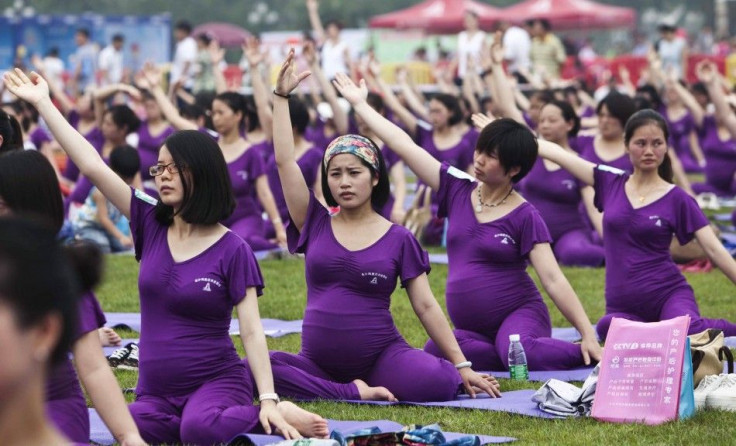Women Who Give Birth After 33 Likely to Live Longer Than Average Woman

Researchers say that those who have a baby after the age of 33 are likely to live much longer than the average woman. A research by Thomas Perls, director of New England Centenarian Study, suggested that women who have children after the age of 33 have a bigger chance of living longer than women who gave birth to their last child before the age of 30.
The study showed that the chances of living to the age of 95 and older were double for those women who had their last child after the age of 33 in comparison to those women who had their last child before they turned 30. The data was analysed from the Long Life Family Study, which is a genetic investigation of 551 families who have long-living family members.
Perls noted, "If a woman has those variants, she is able to reproduce and bear children for a longer period of time, increasing her chances of passing down those genes to the next generation. Women make up 85 percent of who live to age 100, while just 15 percent of centenarians are men." The study, soon to be published in Menopause: The Journal of the North American Menopause Society, also shows that genetic variations that make a women fertile for a longer period may also increase the chances of a long life span.
Perls said, "The natural ability to have a child at an older age likely indicates that a woman's reproductive system is aging slowly, and therefore so is the rest of her body. The last childbirth can be a rate of aging indicator." Perl noted that this research does not mean that those who wait longer to have children will live longer and this should not be considered as a reason to postpone planning pregnancy.
Women's fertility is at a high in her 20s and starts declining after the age of 30.
A previous study by NECS shows that women who had a child after the age of 40 had four times the chance of living to the age of women in comparison to those who were younger when they gave birth to their last child.




















